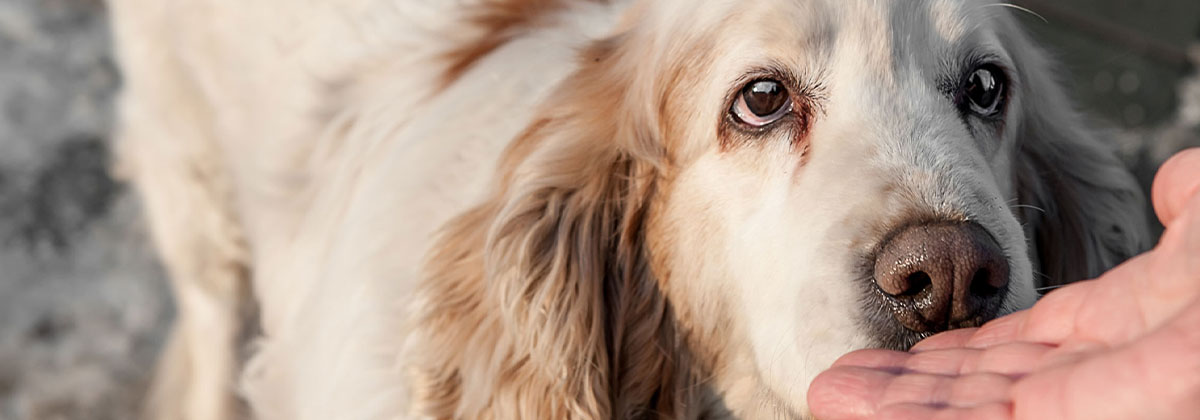26 Oct A Complete Guide to Dealing With a Newcomer Dog (Part 2)
In the first part, we talked about how to treat a newcomer dog. Before bringing a dog home, you should identify the place of his urine and feces and consider a safe place for him. Prepare the words you want to use to teach him and write your number on his collar to prevent him from getting lost. In the early days, you should introduce him to the house. Follow his diet first and then change it. Don’t forget that due to stress and unfamiliarity with the new place, you have to start toilet training again. In this part, we will explain the rest of the points of the first days of the dog’s arrival and the following weeks of keeping him.
Early days of a newcomer dog arrival
A special place for keeping the dog
You probably have a fence or a special place for your newcomer dog in the corner of the house. At first, he may not want to stay there long, and he may want to escape whenever you leave it open. It’s perfectly normal to show this behaviour as long as he feels comfortable and safe in that place. After getting acquainted with the site and becoming interested in it, he will feel the ownership of that area. So to reach this stage, don’t force him to stay there at all.
Game and entertainment time
Start your diet, game and entertainment from the beginning. But remember that in the early days, they need to spend time with family and alone in a corner. It’s better not to put pressure on the newcomer dog, and if he starts barking or howling, leave him alone and don’t pay attention. Instead, when he starts chewing or playing with his toys or going to his food, please pay attention to him and treat this as good behaviour.
Creating a calm and quiet environment around the dog
For the first few days, do things quietly around your dog, limiting too much excitement around the animal, such as the sound of children playing. By doing this, you will allow your dog to get used to the environment more efficiently and focus more on his behaviours. So you will be able to identify better what he likes and is interested in or hates.
Training the basic commands
If you bring your dog from another home, get his personal belongings, such as collars, toys, clothing, bedding, and even wood that they threw to train him, to his new home. When saying words like “come here” or “lie down,” etc., he may show a reaction other than what you expect. So be sure to ask the previous owner the phrases and words he is used to. But if you bring him from a boarding house or animal shelter, he may not be used to social life, walking the streets, being with family or children. These dogs may need a lot more patience to train and socialize.
Over the next few weeks
be patient
It’s better to be aware that your dog will be very anxious when he first encounters his new owner. Be patient with this behaviour and understand him. Play with your dog, go out to play and walk, and feed him with interest. Pay attention to the animal and treat him as a dog expects from his owner.
Injection of essential vaccines
Be sure to see a veterinarian and make sure you receive the dog’s essential vaccines. Ask his vet to check his health by performing the necessary examinations and tests.
Pay attention to the symptoms of the disease.
As soon as you notice any signs of illness or unusual behaviour in the dog, inform the veterinarian and follow all the tips to treat him.
Having careful planning
To have a long and happy life with your newcomer dog, you must have a proper plan, according to the principles and proceed accordingly. Ensure that he always eats his food at the specified time and according to his daily needs, with the required volume, neither more nor less. Please pay attention to the dog’s needs and spend enough time playing with him.
Be sure, after several weeks, of course, with patience; your puppy will find peace, adjust to the rules of your home, and spend happy and memorable days with you. Just follow the tips mentioned carefully. MishkaGrooming’s professional team has accompanied you with professional and accurate groomers throughout the care and cleaning of your dogs. So you can enjoy being with them more than before.




Sorry, the comment form is closed at this time.